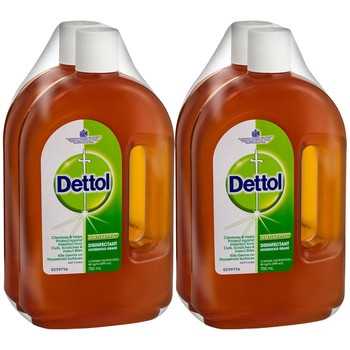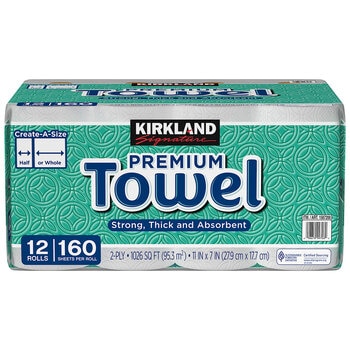Don’t fancy being laid low with a cold or flu this winter? Here’s how to protect against infection.
If you feel like you’re more at risk of catching a cold at this time of year compared to when it’s warmer outside, you’re not imagining it. Research proves that cold- and flu-causing viruses are significantly more robust and ‘catchable’ in colder temperatures.
“But winter weather also tends to bring more people indoors,” says Dr Kean-Seng Lim, who is President of the Australian Medical Association NSW. “And it’s when people are clustered together in close proximity that viruses are much more likely to be transmitted.”
The good news is there are things you can do to help protect yourself, and your family, against catching a cold or flu this season, starting with this two-step plan.
Step 1: block the viruses
It’s impossible to banish viruses that cause colds and flus from your environment, but you can take action to minimise whether they’ll make you sick or not—and it’s relatively easy to do.
Wipe ‘high-traffic’ surfaces
Research designed to investigate how far and quickly a virus spreads found that when just one person is carrying it in an office environment, 50 per cent of surfaces wind up infected with that virus after only four hours. And cold- and flu-causing viruses can remain active for at least a day on surfaces like benchtops, door handles and taps. Making the effort to clean often-touched surfaces a few times a day with a disposable disinfectant wipe can help.
Wash your hands regularly
This can reduce your risk of catching a cold or flu, even when a virus is present, by as much as 80 per cent. “Getting the virus on your hands by touching a surface that’s been infected isn’t a problem in itself,” says Dr Lim. “But if you rub your eyes, touch your nose or eat something while the virus is on your hands, you’re likely to become infected.” On average, we touch our faces around 16 times an hour. “A simple rule to live by is to not touch anything above your shoulders unless you’ve just washed your hands with soap and water or hand sanitiser,” says Dr Lim.
Adopt a safe sneezing technique
Minimise the risk of germs coming into contact with your hands by sneezing into a tissue or the crook of your elbow, rather than into your hand. “It’s important for every member of your household to know how to sneeze safely,” says Dr Lim, “so that if one of you does get sick, you can avoid everyone catching it.”
Step 2: support your immune system
If your immune system is firing on all cylinders, your body will have the best chance of defending against any viruses you do encounter. These simple strategies can help give your body a boost.
Get enough sleep
You’re four times more likely to get sick if you’re exposed to a cold-causing virus when you’re tired because sleep deprivation suppresses the activity of key immune-system cells. Aim for between seven and nine hours’ sleep a night.
Have the flu vaccine
“This is recommended for everyone to help prevent the flu,” says Dr Lim, “and it’s never too late in the season to get vaccinated.” Bear in mind that the vaccine offers its best protection in the three to four months immediately after having it, with the peak of flu activity in Australia typically occurring between June and September.
Look after your gut health
Your gut bacteria play a key role in how healthy your immune system is. While restful sleep and regular exercise are gut-friendly behaviours, eating foods that feed the bacteria in your gut, like legumes, garlic and onion, as well as those that contain healthy bacteria, like fermented veggies and probiotic drinks, can also help improve and maintain your gut health.
Beat the cold
Stock up on this handful of essentials so you’re ready to tackle cold and flu season head on.
Tissues
Cover your mouth and nose with a tissue whenever you cough or sneeze. When you’re finished, throw it in the bin immediately and wash your hands.
Disinfectant household wipes
Use them to clean those often-touched surfaces at home, such as benchtops, to minimise or remove any cold- or flu-causing viruses.
Hand sanitiser
Research shows that these are much more effective than soap and water at removing the main virus responsible for the common cold, so make sure you keep it handy around the house.
Vitamins
Science tends to swing both ways on the topic of whether or not taking vitamins protects against catching a cold or flu. But credible research has shown that taking a vitamin C, vitamin D or vitamin E supplement may be useful. Ones that contain garlic might also help.
Probiotics
Gut bacteria play an important role in modulating our immune systems. Research shows that specific strains of probiotics, including those from the Bifidobacterium and Lactobacillus families, may help reduce the risk of developing a cold or flu.



